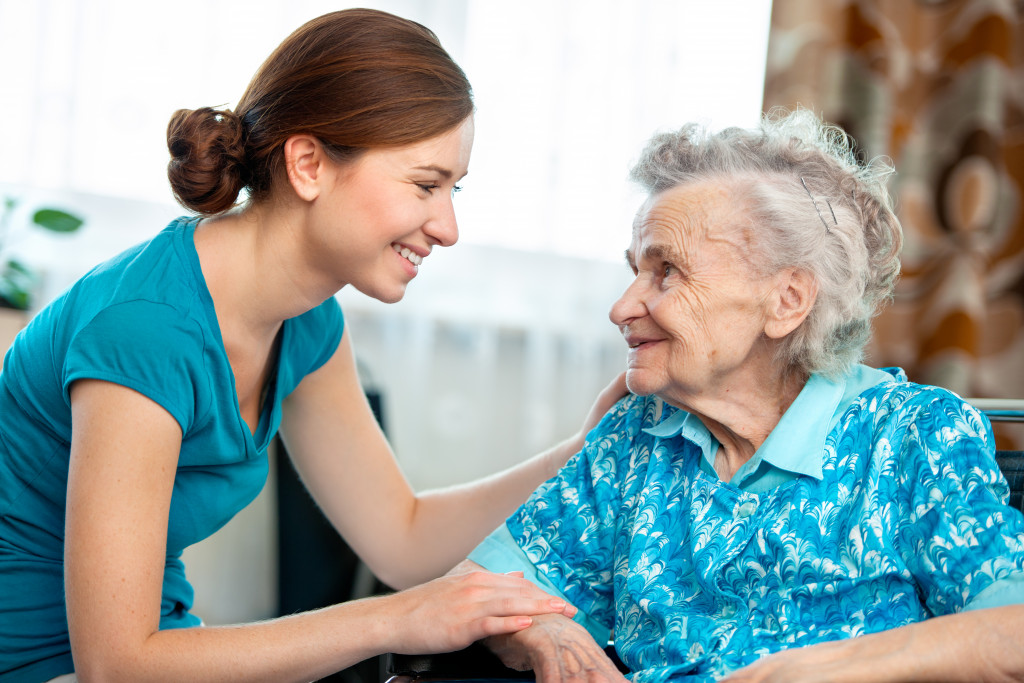Parkinson’s disease is a neurological disorder that affects the brain and can cause tremors, stiffness, and mobility issues. It involves an estimated 10 million people worldwide and is the second most common neurological disorder after Alzheimer’s. As Parkinson’s becomes more widespread, it also profoundly affects communities worldwide. So let’s take a look at how this disease impacts different communities.
Medical Community Impact

Parkinson’s disease most heavily impacts the medical community. As the prevalence of the disease increases, hospitals and clinics are struggling to keep up with the demand for services related to diagnosis, treatment, and management of the condition. Healthcare providers must devote additional time and resources to treating patients with Parkinson’s to meet their needs.
Financial Community Impact
Parkinson’s disease also has an impact on individuals’ financial health as well as on their communities at large. The cost of treatment for Parkinson’s can be astronomical—medications alone can cost upwards of $10,000—and many individuals cannot afford these costs without assistance from insurance or other forms of support. This further strains already-strained government budgets, as those requiring extra care often turn to public programs for help.
Social Community Impact
Finally, there is a social impact caused by Parkinson’s disease that cannot be overlooked. People with Parkinson’s may find themselves isolated from their friends and family due to mobility issues or difficulty communicating due to speech impairments caused by the condition. This can lead to loneliness and depression; research suggests that individuals living with this illness have an increased risk of developing mental health problems such as anxiety or depression compared to those not.
How Communities Can Deal With It
Parkinson’s disease has a far-reaching impact on all aspects of life—from medical treatments needed for those diagnosed with it to financial burdens imposed upon governments providing care for them, all the way down to social implications such as increased isolation from friends and family members due to mobility issues or difficulty communicating because of speech impairment caused by the condition. That’s why communities should work together to help deal with it. Here are some ways congregations can help deal with Parkinson’s disease.
Home Aides

People with Parkinson’s often need help when dealing with the disease. This is why community home health agencies should be available to provide home aides who can help with activities of daily living, such as bathing and dressing. These agencies should also be able to provide access to physical therapists who can help individuals learn exercises that are beneficial in managing the disease.
Organize Educational Events and Fundraisers
Organizing informational events or fundraisers in your local area is an excellent way to bring awareness and support to those with Parkinson’s disease. These events can provide educational resources on managing the symptoms of the condition and raise money for research and medical treatments. It’s also an opportunity for people with Parkinson’s to come together, share their stories, and build meaningful community connections.
Offer Practical Assistance
Offering practical assistance is another excellent way to show support for those who don’t have the time or means to organize large-scale events. This could include providing rides to doctor appointments or helping out around the house with chores like grocery shopping or yard work. Even just reaching out and offering a listening ear goes a long way in showing you care.
Donate Money and Supplies
In addition to offering practical assistance, donating money and supplies is one of the most effective ways communities can help those with Parkinson’s disease. Contributing funds helps provide access to medical treatments that may not otherwise be available due to a lack of insurance coverage or financial hardship. In addition, donating supplies such as wheelchairs, walkers, hospital beds, or other medical equipment can help make life easier for those with Parkinson’s disease by providing them with the necessary tools to increase independence and mobility.
Support Groups
A meaningful way to help those with Parkinson’s is to connect them with others in their community who also have the disorder. Support groups provide an opportunity to connect people who share a similar experience and allow them to form meaningful relationships. Support groups also offer education about treatment options and provide resources for those looking for new ways to manage their symptoms. Additionally, support groups can provide emotional support for those facing the challenges of living with Parkinson’s.
Coming together as a community provides invaluable support for those living with Parkinson’s disease. By taking proactive steps in your community—whether organizing events or offering practical help—communities can make a real difference in the lives of individuals dealing with this severe disorder every day.

